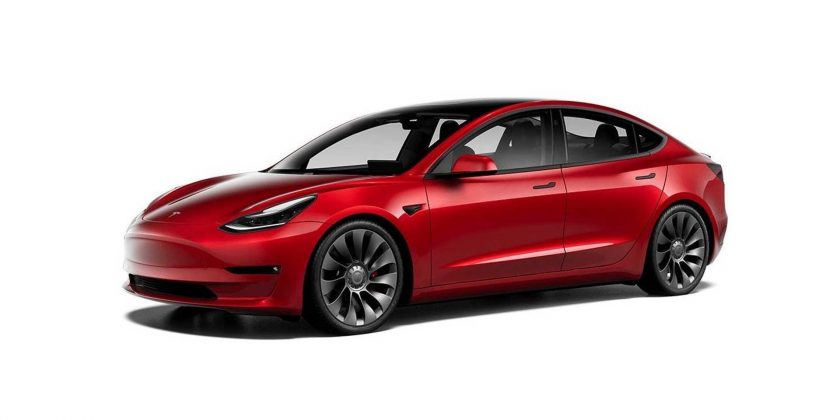The new target concerns all new light-duty cars and passenger trucks.
The government of Canada announced a new, mandatory target for all new light-duty cars and passenger trucks sales to be zero-emission by 2035. Previously the goal was 2040.
To achieve the ambitious target Canada intends to support the industry with a combination of investments and regulations, including interim 2025 and 2030 targets and additional mandatory measures.
Zero emission vehicles are usually associated with battery-electric or hydrogen fuel cell, as other ways to eliminate emissions, so far were marginal (not viable or not attractive).
Canada will continue to offer incentives to offset the upfront costs of zero-emission vehicles, investments in the charging infrastructure and will partner with manufacturers to support re-tooling of the plants.
The government explains that the 2035 target is in-line with some other “leading jurisdictions:”
“Today’s announcement will bring the Government of Canada’s level of ambition on zero-emission vehicles in line with other leading jurisdictions, such as the United Kingdom, and California. Within Canada, British Columbia and Quebec have also set 100 percent zero-emission vehicle sales requirements.”
Just recently we saw a list of 14 U.S. states that hint at 2035 (or 2030 in one case) as the deadline to switch to zero-emission vehicles.
Aside from the goals set by countries/states/provinces, also more and more car manufacturers intend to switch to zero-emission vehicles at some point 10-20 years from now. The others probably will follow.
Only time will tell how well the electrification will progress and whether it can be achieved at 100% in all areas of the country by 2035.
For manufacturers, it’s a clear sign that maybe it’s not worth it now to further invest in conventional technology anymore and it’s high time to start seamlessly switching before a more radical move will be needed.
Source: Read Full Article
